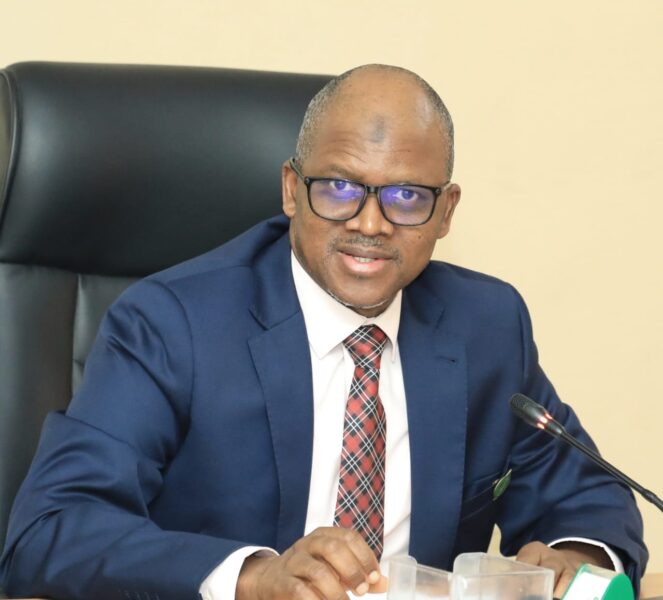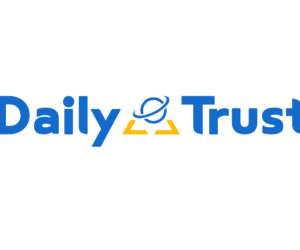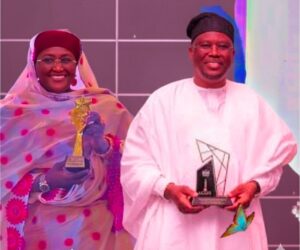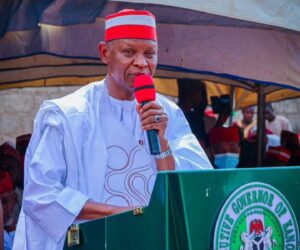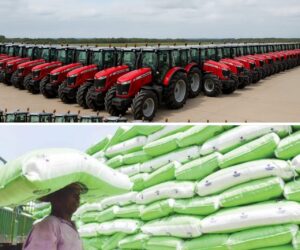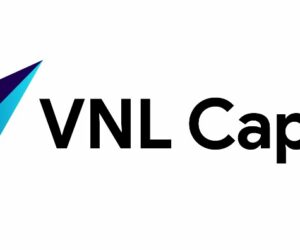Shehu Usman Osidi is the Managing Director of the Federal Mortgage bank of Nigeria (FMBN). In this interview he highlights the single digit loan initiatives for low and middle income earners rolled out by the Bank. He also discusses housing initiatives that can aid in reducing the over 28 million deficits in the country.
A major challenge in the property sector today is high interest rates lending by commercial banks which has made the cost of houses out of reach for ordinary Nigerians. What is the federal government doing about this through the FMBN?
We are not a commercial bank. We are Nigeria’s foremost public sector housing finance institution, established specifically to provide affordable mortgage financing to low- and middle-income Nigerians—especially those who would otherwise be excluded from the formal mortgage market.
SPONSOR AD
Unlike private mortgage banks that operate primarily for profit, FMBN was set up to deliver social impact, to make homeownership possible for the average Nigerian. We do this through the National Housing Fund (NHF) Scheme, which we manage on behalf of the Federal Government
Julius Berger wins Excellence award.
Dangote, Jibrin, Shekarau, Ganduje, to rebuild Kano’s socio-economic values
Every worker in the formal sector contributes 2.5% of their monthly income, and in return, they become eligible for a range of affordable housing loans at single-digit interest rates, with tenors of up to 30 years.
Another thing that sets us apart is affordability and accessibility. We offer mortgages at interest rates as low as 6% and tenors of up to 30 years, which is significantly below what commercial banks provide at over 25% percent and tenors of less than 5 years. And we require from zero to a 10% equity contribution, which lowers the entry barrier for people trying to get on the housing ladder.
FMBN is financing major projects like the Renewed Hope Cities in Karsana and Ibeju Lekki. What makes these projects different from past efforts, and how are they contributing to improved access to affordable housing for Nigerians.
These projects represent a fundamental shift in how we approach housing development in Nigeria. In the past, many housing projects, especially government-led ones suffered from poor planning, limited affordability, lack of infrastructure, or weak financing frameworks. What we’re doing under the Renewed Hope Cities and Estates model is completely different.
First, these projects are designed from the ground up to be fully integrated communities. We’re not just building houses, we’re delivering homes in livable, planned environments with essential infrastructure: roads, water, electricity, green spaces, and even provision for schools, clinics, and markets. That’s critical for dignity and sustainability. We’re providing off-taker guarantees and construction financing to developers, which de-risks the projects and ensures that delivery doesn’t stall halfway. We’ve already committed over N100 billion in guarantees, including N27 billion to support the Ibeju Lekki City, and N19.9 billion for the Karsana City in Abuja.
These are large-scale developments— 3,112 units in Karsana and 1,500 units in Lagos.
Third, the pricing structure is anchored on affordability. By leveraging our single-digit interest mortgage products, these Nigerians can now aspire to own decent homes with as little as 10% equity contribution and up to 30 years to repay.
You recently completed the deployment of a core banking application. What impact will it have on contributors and borrowers?
The deployment of the Core Banking Application is arguably one of the most significant institutional reforms we’ve undertaken at the FMBN in decades
Before now, the Bank operated largely manually. Loan processing was paper-based, approvals took a long time, and contributors couldn’t easily access their records. This created bottlenecks, delays, and frustration for our customers. With this new platform, we’ve changed that narrative completely.
For loan applicants and developers, the system is helping us process and disburse funds faster, with fewer errors, clearer audit trails, and stronger compliance. It also helps us manage risk more effectively, because we now have centralized data on all customer interactions, loan performance, and repayment trends.
We officially went live in April 2025, and we are currently in the 6-month maintenance and optimization phase. By August, we expect to complete all onboarding, fine-tuning, and staff capacity building to fully unlock the benefits of this new system across our national branch network.
Implementing such a system is usually a herculean task. What were the key challenges, and how did you overcome them to ensure the system works optimally for contributors and applicants?
Absolutely, implementing a core banking platform, especially in a public institution with a legacy of manual operations like FMBN, is a massive undertaking. It’s not just about installing software; it’s a complete transformation of how the Bank works—from back-end operations to customer-facing services.
One of the first challenges we faced was data integrity. Many of our records were in physical form or on fragmented databases across branches. We had to go through the painstaking process of cleaning, standardizing, and migrating millions of records into the new system to ensure accuracy and reliability. That took time and careful planning.
Another hurdle was the complexity of integrating our existing services—National Housing Fund contributions, loan application tracking, mortgage disbursement, and customer support—into a seamless platform. These are unique to FMBN, and not something off-the-shelf banking software is typically designed for. So, we worked closely with our implementation partners to customize the system for our needs.
Today, we are in the 6-month maintenance and stabilization phase, which runs until the end of August 2025. This is a crucial period. We are monitoring system performance, fixing bugs, onboarding more users, and collecting feedback from our branches and customers to make continuous improvements.
What specific products does FMBN offer to help Nigerians become homeowners, especially for low- and middle-income earners, informal sector workers, and now the diaspora and non-interest banking segments?
First, we have the NHF Mortgage Loan. This is our flagship product. It enables contributors to the National Housing Fund Scheme to access up to ₦50 million to buy, build, or renovate a home at just 6% interest per annum—the most affordable rate in the country—with up to 30 years to repay, depending on the age of the borrower. The equity contribution required is just 10–30%, making it highly accessible.
Also, in the Rent-to-Own Scheme Here, we finance housing units that Nigerians can move into immediately and pay monthly rents that convert to ownership over time. It’s perfect for people who can’t make an upfront equity contribution or who want a more flexible path to homeownership.
Similarly, we have the Non-Interest Ethical Mortgage Products. We recently received approval from the Central Bank of Nigeria to launch Shari’ah-compliant housing finance products. This means Nigerians who prefer non-interest banking options—for religious or ethical reasons—will soon be able to access affordable housing finance from FMBN without compromising their values.
We are working closely with the Central Bank of Nigeria and the Nigerians in Diaspora Commission (NIDCOM) to launch a product that will allow Nigerians abroad to participate in the NHF Scheme and access FMBN mortgages. These are some of initiatives among others.
You almost doubled loan approvals in just one year, from N39.7 billion in 2023 to N71.5 billion in 2024. How is it translating to real access to housing finance for Nigerians?
Moving from N39.7 billion in loan approvals in 2023 to N71.5 billion in 2024—almost a 100% increase—didn’t happen by chance. The first enabler was process efficiency. We reviewed and simplified our internal procedures, cut down bureaucracy, and digitized significant parts of the loan approval workflow. This allowed us to reduce bottlenecks and fast-track approvals without compromising on due diligence.
Secondly, we strengthened our collaboration with state governments, developers, cooperative societies, and labor unions. Many of our approvals in 2024 were linked to well-structured projects, Renewed Hope Cities, public-private housing initiatives, and cooperative-driven schemes. These bulk arrangements allowed us to process and disburse funds at scale, reaching more people in less time.
What are your short and medium term plans?
First, we’re expanding our product base. By the end of this year, we plan to formally roll out the Diaspora NHF Mortgage Loan, in collaboration with NIDCOM and the Central Bank of Nigeria.e’re also rolling out the Non-Interest Ethical Mortgage Products, a long-awaited solution for millions of Nigerians who prefer faith-compliant financial options.
Second, we’re targeting underserved groups. We’re finalizing new housing finance products tailored to informal sector workers—artisans, traders, market women—who historically lack access to mortgage finance. We believe that homeownership should not be a privilege of the formal sector alone. Everyone deserves a chance to own a decent home.

